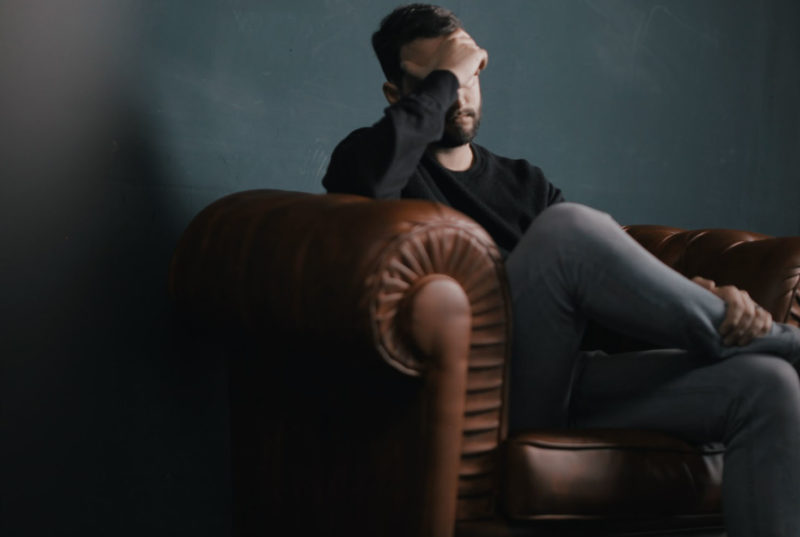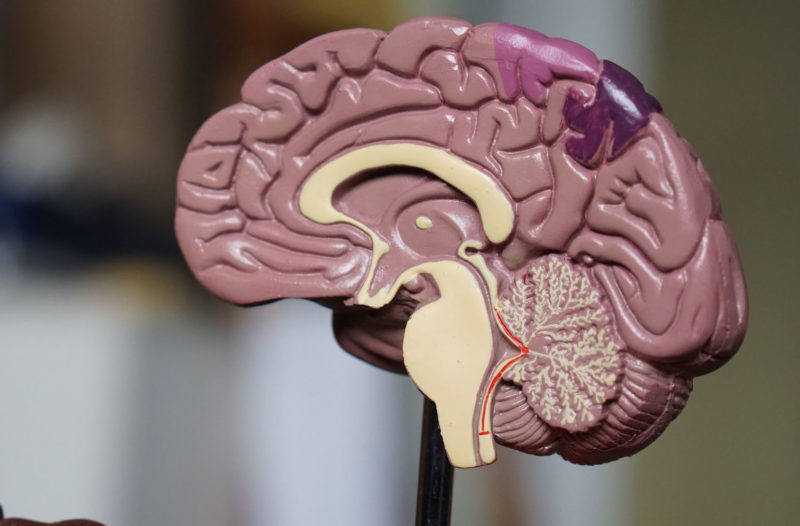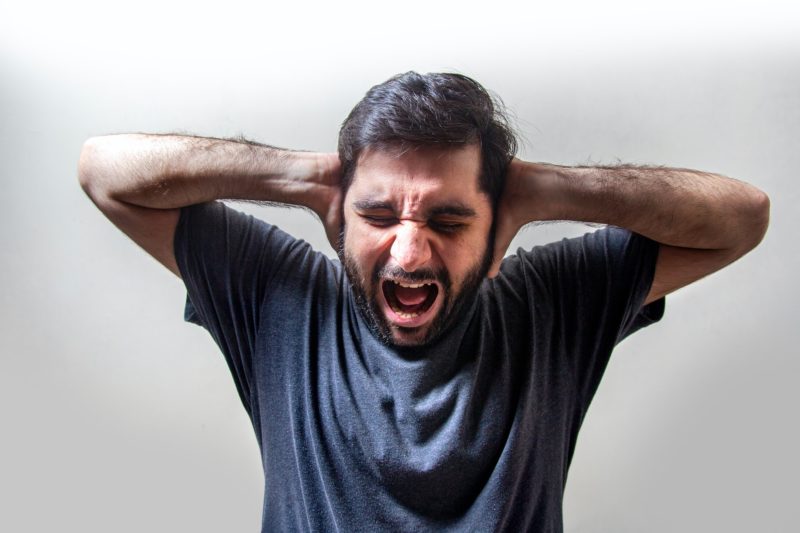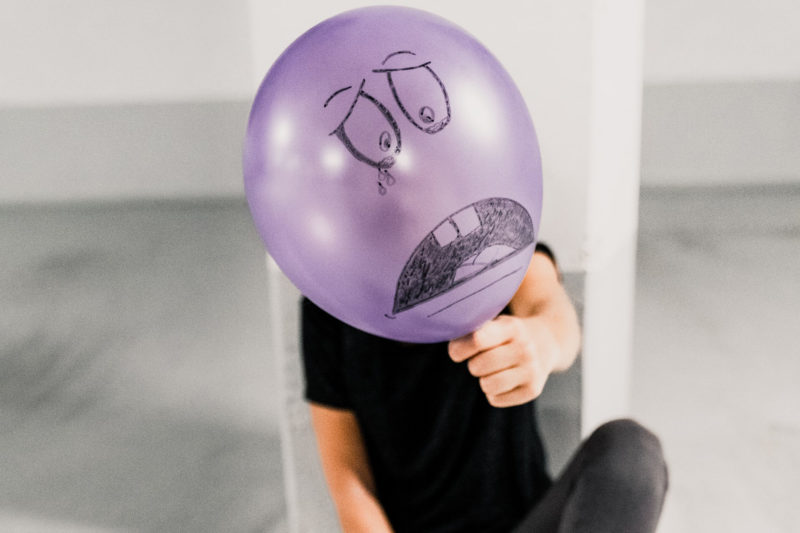When it comes to mental health, there is too much misinformation out there. Below are 15 PTSD myths related to trauma, mental illness, and treatment that you need to know about.

PTSD Myths # 1 – Only soldiers and war veterans get PTSD
Although the history of PTSD is rooted in soldiers and shellshock, anyone who sees or experiences a traumatic event can develop PTSD. Mental illness does not discriminate, nor does trauma. PTSD can occur after experiencing events such as a serious car or workplace accident, experiencing or witnesses serious injury, war and combat zones, rape and sexual violence, or experiencing a natural disaster.
PTSD Myths # 2 – Everyone who experiences a traumatic event will get PTSD
Unfortunately, most people will experience or witness some traumatic event in their life, however, not everyone will experience PTSD as a result. With that being said, there may be certain risk factors that increase your vulnerability, such as pre-existing mental health conditions or experiencing multiple exposures to traumatic events.
PTSD Myths # 3 – It’s all in your head, therefore it’s not real
Although mental illness does occur in your mind or “head” that is no reason to think it is not real or doesn’t exist. Mental health disorders are real and can greatly affect your wellbeing and quality of life. PTSD and other mental health disorders are usually comprised of a combination of cognitive and mood symptoms, physical symptoms, and behavioral symptoms.

PTSD Myths # 4 – PTSD is a sign of weakness
Experiencing trauma anxiety, PTSD, or other mental health disorders is not a sign of weakness or a sign of a personal defect. We do not perceive physical injuries as a sign of weakness; they are usually a result of trauma to the body, either from one intense event or repeated little stresses, PTSD is similar in this way. However, it is an injury to the mind, not the body.
PTSD Myths # 5 – PTSD will occur immediately after experiencing trauma
PTSD symptoms can develop quickly after experiencing a traumatic event; however, the onset of symptoms can also be delayed. In some cases, symptoms can take months or years to manifest. One reason for the delay is trauma changes the way your brain stores and processes memories, and it may take time to consciously unravel the experience. In other cases, someone might be displaying some symptoms of mental illness, but it’s not until a triggering event, such as seeing a person from their past or hearing a car backfire, that more severe PTSD symptoms begin.
PTSD Myths # 6 – PTSD always looks like flashbacks and panic attacks
Not everyone with PTSD will experience it the same way with the same symptoms. Media and television often portray PTSD in a sensationalized way, however symptoms range and vary. PTSD symptoms are organized into 4 categories; re-experiencing, avoidance, arousal, and cognitive/mood symptoms, and a variety and combination of these symptoms must be present for a diagnosis.

PTSD Myths # 7 – People with PTSD are violent or dangerous
Again, PTSD is sensationalized by the media and for those of you who are new to learning about PTSD, some of your only examples may be from movies where a character “snaps” and goes on a violent rampage. Experiencing PTSD is extremely difficult and it can feel like you’re in immediate danger which may cause some people to act aggressively. Any violent outburst is usually a product of feeling unsafe and being in a state of hyper-arousal, but having PTSD does not mean you will become violent. More common symptoms of PTSD include irritability, low mood and depression, withdrawal, avoidance, insomnia, and anxiety.
PTSD Myths # 8 – PTSD cannot be treated
Fortunately, there are many well-researched and highly effective treatment options available for PTSD to help reduce symptoms and improve quality of life. Some treatment options include cognitive behavioural therapy, psychotherapy, Reconsolidation Therapy ™, and medication. It is completely possible to live a normal and fulfilling life following a traumatic event. You can heal from your PTSD.
PTSD Myths # 9 – People with PTSD will become addicted to drugs or alcohol
Although reliance on drugs or alcohol may become a coping mechanism or substance abuse may be seen as a secondary symptom of PTSD, those who develop a trauma disorder will not also become addicts. How someone copes with PTSD and other mental health disorders is complicated and unique to the individual.

PTSD Myths # 10 – People with PTSD cannot function in society
People with PTSD and other mental health disorders have relationships, hold down jobs, care for their children, and are active members of their communities. With that being said, PTSD can disrupt and stress many facets of your life, which is why treatment and support are critical for anyone suffering from mental illness.
PTSD Myths # 11 – PTSD will go away on its own, it just takes time
Although some people will recover over time and symptoms become less severe, the time and space in between can be extremely difficult and for others, PTSD will not just go away. Many factors can affect someone’s healing journey and because life is unpredictable it’s best to consult with a mental healthcare professional to help relieve suffering as soon as possible.
PTSD Myths # 12 – PTSD or mental illness won’t affect me
There’s a common mental health misconception where people think they are immune to mental illness. Although you may recognize it can happen in others, you might think to yourself “but it won’t affect me”. Unfortunately, mental health disorders are relatively common, especially depression and anxiety. Even if you are not personally affected by mental illness, it’s important to recognize that these disorders do not discriminate and how important it is to take care of yourself.

PTSD Myths # 13 – PTSD only affects the person suffering from the disorder
Unfortunately, having PTSD can have profound impacts on the friends and family of those suffering, however, that’s not a reason to withdraw from others. Having good support can be extremely beneficial to healing.
PTSD Myths # 14 – Changing lifestyle factors like exercising more can cure PTSD
Unfortunately, changing lifestyle factors cannot treat your PTSD, for treatment please consult a professional trauma counselor or trained mental healthcare professional. With that being said, lifestyle factors can be helpful coping mechanisms or a means to improve mental health following a traumatic event. Regular exercise, stress management, a balanced diet, and focusing on sleep quality may help lessen some symptoms associated with mental illness.
PTSD Myths # 15 – Therapy doesn’t work or it won’t work for me
Therapy does work! However, sometimes it’s a matter of finding the right course of treatment. Please do not get discouraged, the right treatment is out there for you, as is the right counselor. Some of the best mental health treatment options for PTSD include My Recon Therapy, cognitive behavioural therapy, and psychotherapy.
For more information on healing from trauma-related disorders such as PTSD please don’t hesitate to get in touch with us. You can heal from your painful memories.
